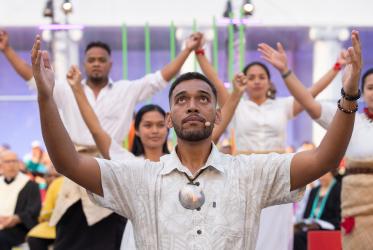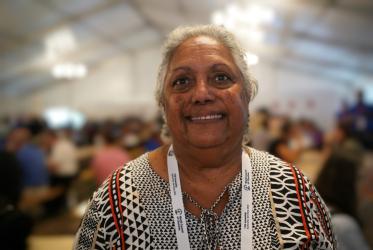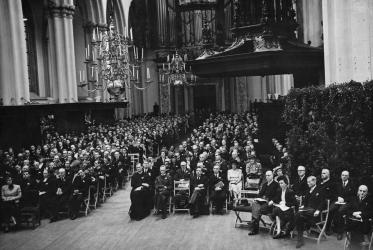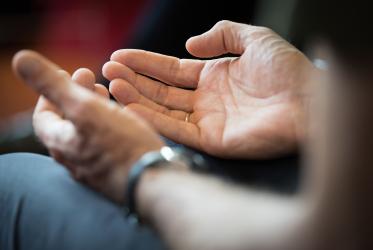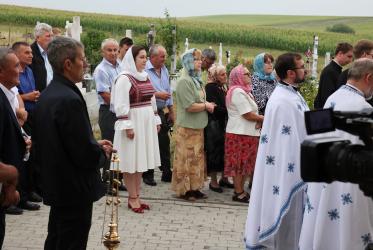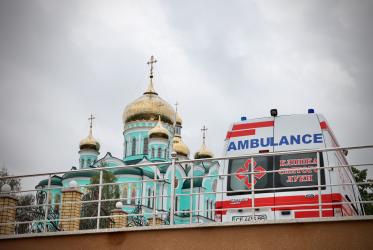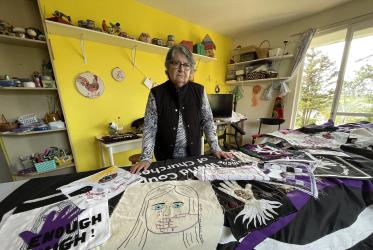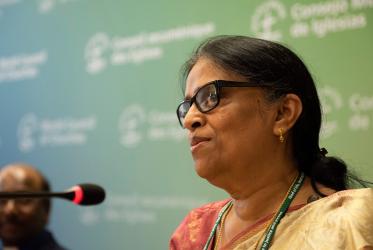Displaying 81 - 100 of 173
01 September 2022
#ThursdaysinBlack: Stories flow from the Waterfall Tapestry
01 September 2022
Women with disabilities want to belong in churches
31 August 2022
Monastery in Ukraine responds to the consequences of war
09 August 2022


